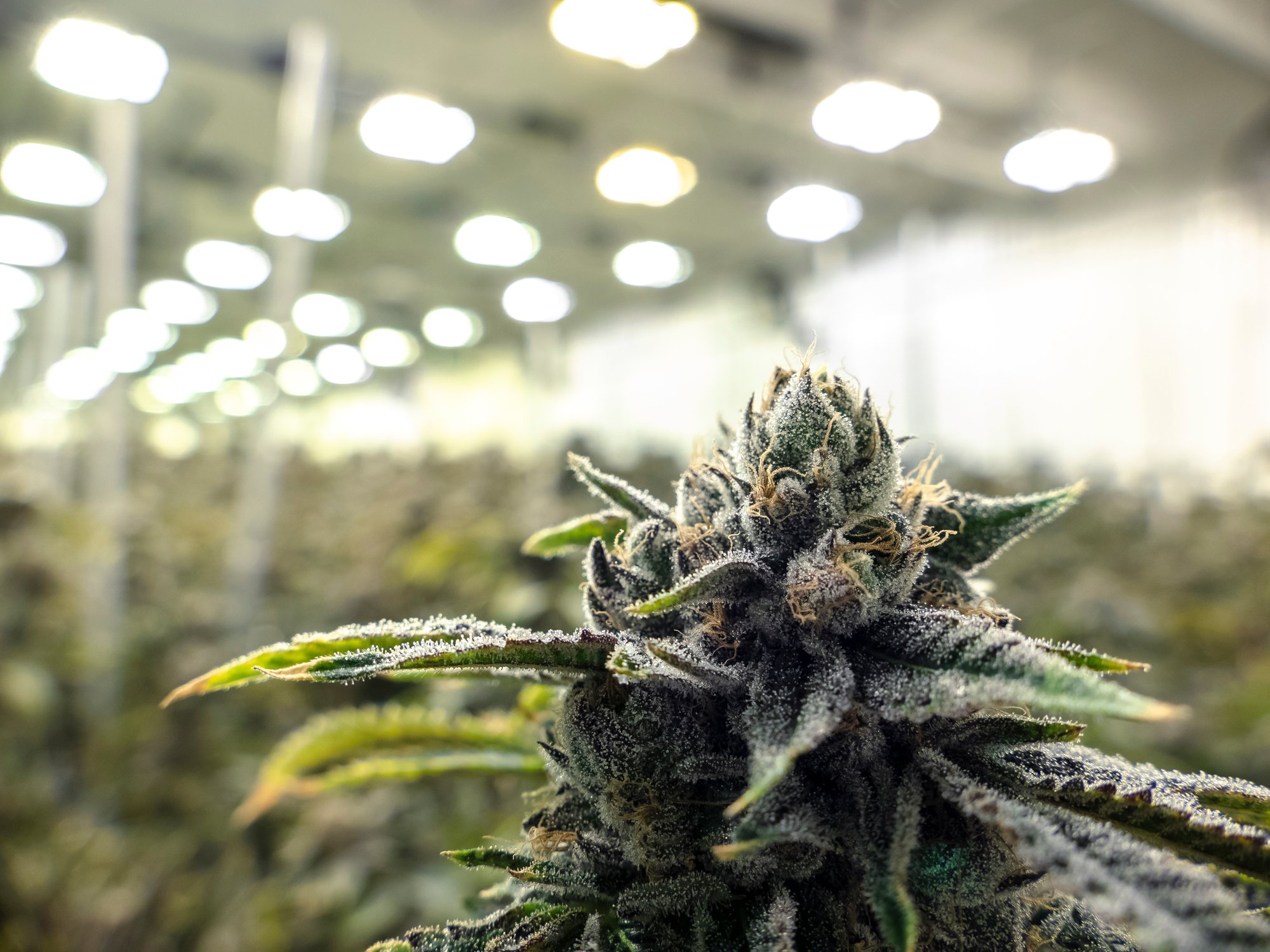Trulieve (TCNNF +4.40%), a Florida-based seed-to-sale company with 46 medical marijuana dispensaries in the Sunshine State, has been able to adjust smoothly to varying customer demand posed by the COVID-19 pandemic. It didn't hurt that, at least in Florida (the company also has dispensaries in California and Connecticut), it has provided home delivery service from the start. CEO Kim Rivers said that in recent weeks the company has seen a 500% increase in home delivery -- keeping its fleet of 200 vehicles busy -- and a significant rise in curbside pickup at its branches.
The past few months have been bumpy for Trulieve
On Dec. 9, Trulieve was selling for $13.73 per share. On Dec. 17, the day a critical report on Trulieve was released by short seller Grizzly Research LLC calling the company a fraud, the stock slumped to $9.18. On Jan. 10, Trulieve filed a libel lawsuit against Grizzly in Florida state court, though no action has taken place as yet amid the slowing of proceedings caused by the coronavirus.

Image Source: Getty Images.
Concerns about the impact of COVID-19 have also led to volatility. Florida's tourism industry was hit hard by the pandemic shutdown, and that has affected nearly all businesses in the state, including medical marijuana. Having risen to $11.81 on Jan. 2, the stock hit a low of $5.74 on March 19 but has since rebounded to higher than $9. Trulieve has a regular client base, and much of that base -- like everyone else -- is homebound, with a lot of time on their hands. That, and the anxiety driven by the shutdown, might be driving up demand.
The numbers from Florida's Office of Medical Marijuana Use (OMMU) bear that out. In the one-week period from Dec. 27, 2019, to Jan. 2, 2020, Trulieve sold about 28 million milligrams of medical marijuana tetrahydrocannabinol (THC), 404,843 milligrams of low-THC cannabinol (CBD), and 7,200 ounces of smokable marijuana. In the week of April 10 to April 16, those numbers nearly doubled: 55 million milligrams of THC, 1.3 million milligrams of CBD, and 19,624 ounces of smokable marijuana.
The company's financials stand up well to competitors
In 2019, Trulieve had revenue of $252.8 million, net income of $178 million, and $91.8 million in cash. In the final quarter of 2019, it posted a record $79.7 million in revenue, 13% higher than the previous quarter.
"Despite recent developments surrounding COVID-19 and the uncertainty in the global economy, we see strong medical cannabis demand in our target markets and expect to continue maintaining our over 50% market share in Florida," Rivers said. "Our solid foundation and cash position enable us to monitor opportunities that meet our disciplined criteria, and we remain optimistic about expansion in 2020."
Plenty of room for growth in Trulieve's backyard
Trulieve dominates in Florida, boasting more than 50% of the state's medical marijuana sales. It opened its 46th medical marijuana dispensary in Florida on April 18 in Titusville (though because of COVID-19, the event lacked the usual grand-opening hoopla).
The company has established a strong foothold in the state, and that economy of scale could help it easily branch out to nearby states soon. On March 31, Georgia approved the sale of medical marijuana (though sales have not started yet), and similar bills are being considered in Alabama and South Carolina. Trulieve's network in Florida would quickly be able to ramp up production to meet the needs of nearby states.
Elsewhere, Trulieve has one dispensary each in Connecticut and California (though in Connecticut, this represents 13% of market share); it also has a license to operate in Massachusetts, but its building of dispensaries there has been slowed by that state's stay-at-home order.
Survival will be the key
Many cannabis companies are struggling. Earlier this month, New York-based Acreage Holdings (ACRGF +0.00%) furloughed workers and closed some dispensaries, and since the start of the year, several founders of marijuana companies have moved on.
Clearly, not all marijuana businesses will survive. Those that do -- and I expect Trulieve to be one -- will need plenty of cash. Through the fourth quarter, Trulieve had $91.8 million in cash, enough to last it through October 2021 by one analyst's estimate. Meanwhile, cannabis companies may have to be more cautious about growth than in recent years, and it's likely that in the industry’s future, fewer -- but larger -- companies will dominate. Trulieve's adjusted operating income of $28.1 million last quarter puts it in a primary position to be one of those survivors.






